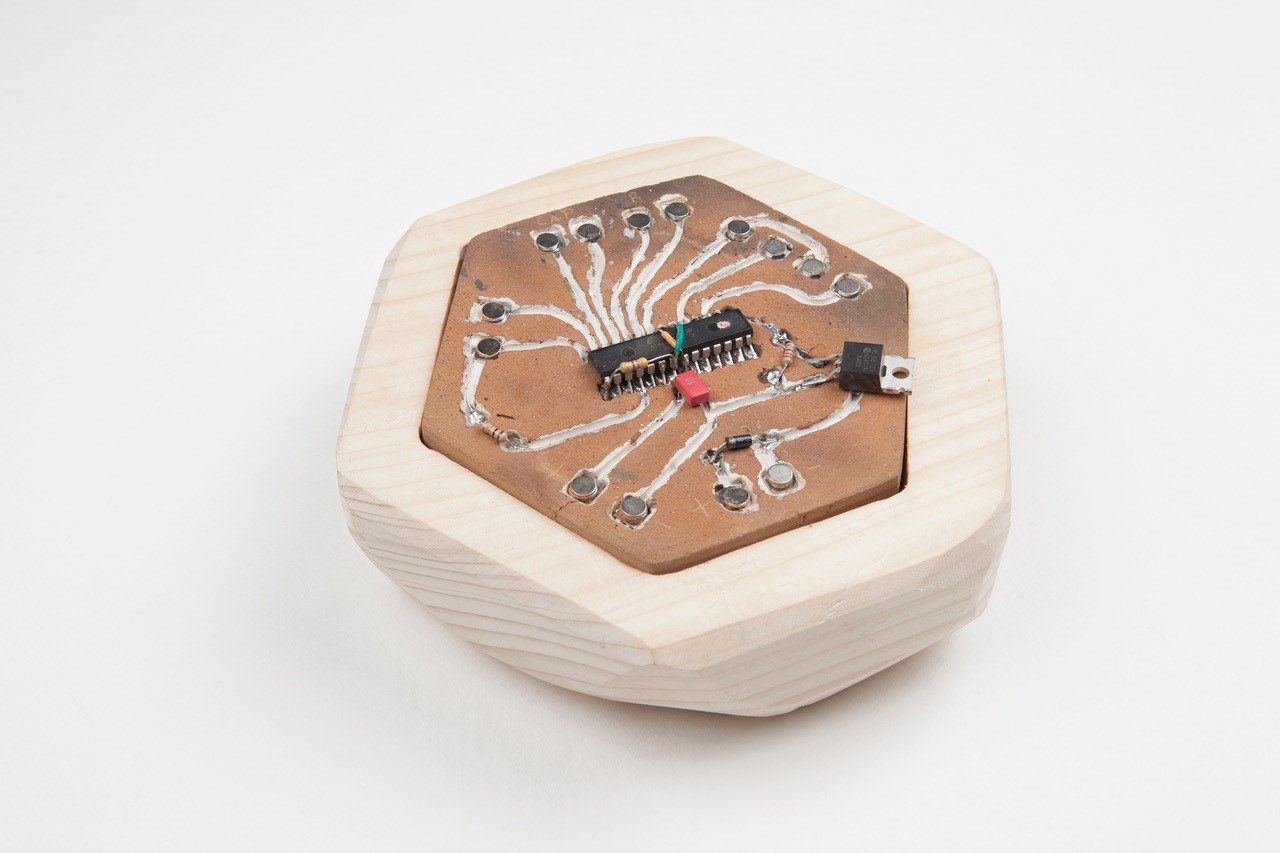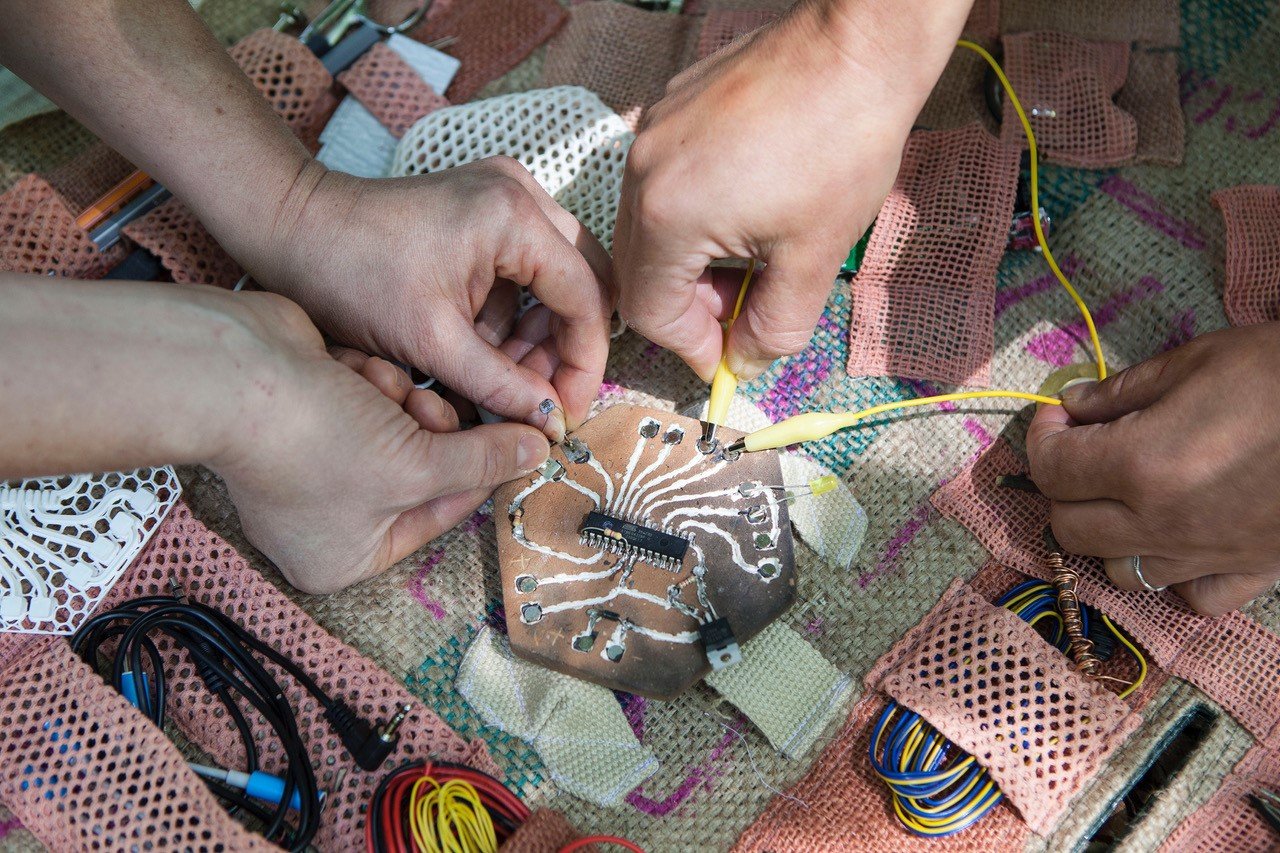Stefanie Wuschitz and Patrícia Reis nominated for the S+T+ARTS Prize
S+T+ARTS is an initiative of the European Commission that aims to combine technology and artistic practice in the best possible way and to benefit European innovation policy and the art world. The focus is on people and projects that help to overcome Europe's social, ecological and economic challenges. Part of the S+T+ARTS initiative is the prestigious S+T+ARTS Prize, which is endowed with a total of 40,000 euros in prize money. The annual competition recognizes innovative projects at the interface of art, technology and science that have the potential to contribute to economic and social innovation.
About the project:
It is an open secret that the hardware in our smart devices contains not only plastics but also ‘conflict minerals’ such as copper and gold. Technology is not neutral. We investigate alternative hardware from locally sourced materials from a feminist perspective, to develop and speculate upon renewable practices. We call it Feminist Hardware! Feminist Hardware is developed without mining in harmful ways, in an environmentally friendly way, under fair working conditions, and is manufactured from ubiquitously available materials, without generating e-waste, with consent, love and care.
We researched on fair-traded, ethical, biodegradable hardware for environmental justice, building circuits that use ancient community-centered crafts encouraging de-colonial thinking, market forces to be disobeyed, and future technologies to be imagined. Our artistic outcome is an Ethical Hardware Kit with a PCB microcontroller at its core. Our PCB is made of wild clay retrieved from the forest in Austria and fired on a bonfire. Our conductive tracks used urban-mined silver and all components are re-used from old electronic devices. The microcontroller can compute different inputs and outputs and is totally open source.
Scientific research and concept: Patrícia J. Reis, Taguhi Torosyan, Stefanie Wuschitz
PCB design: Patrícia J. Reis, Daniel Schatzmayr
With support from: FWF – Austrian Science Fund (PEEK AR 580); Academy of Fine Arts Vienna; Mz* Baltazar’s Lab
Patrícia J. Reis (PT/AT) is a media artist and researcher. She is currently Principal Investigator of the project Hacking the body as the black box at the University of Applied Arts in Vienna.
Stefanie Wuschitz (AT) is an arts-based researcher investigating strategies to decolonise technology. She is currently Principal Investigator of a project on Digital Colonialism in Indonesia affiliated to the Academy of Fine Arts Vienna.



